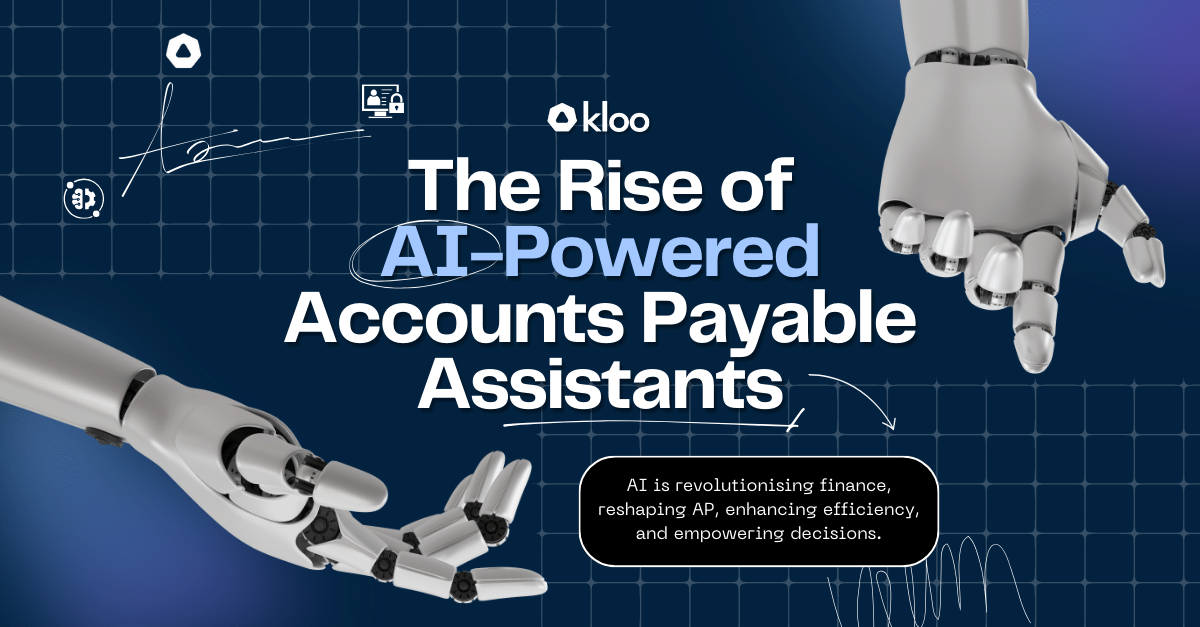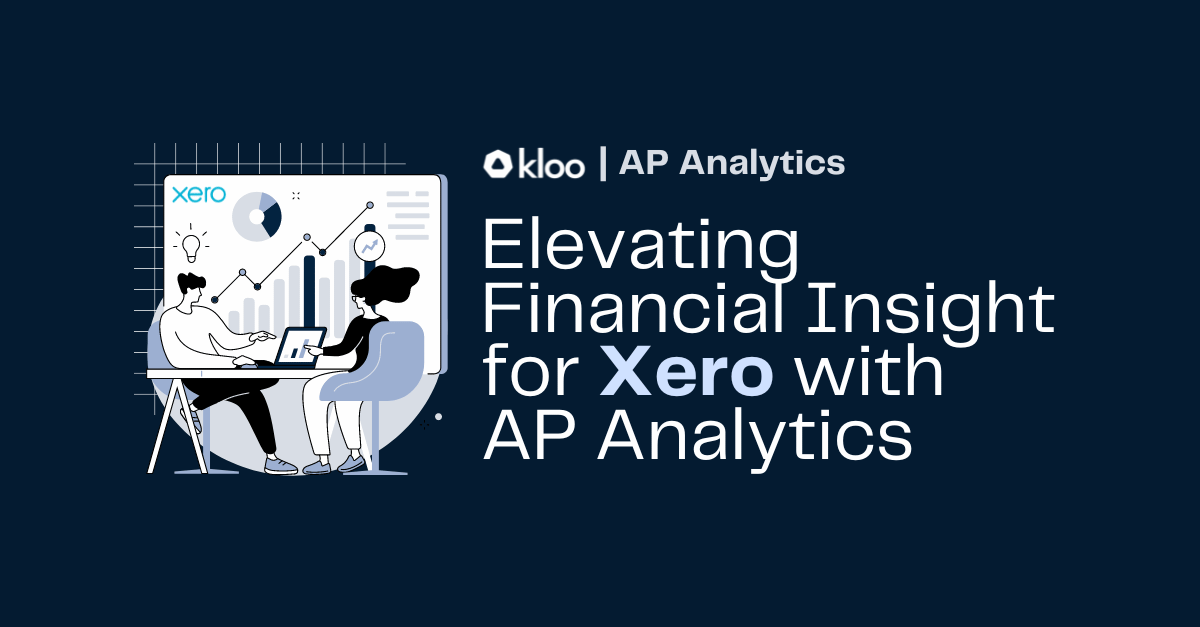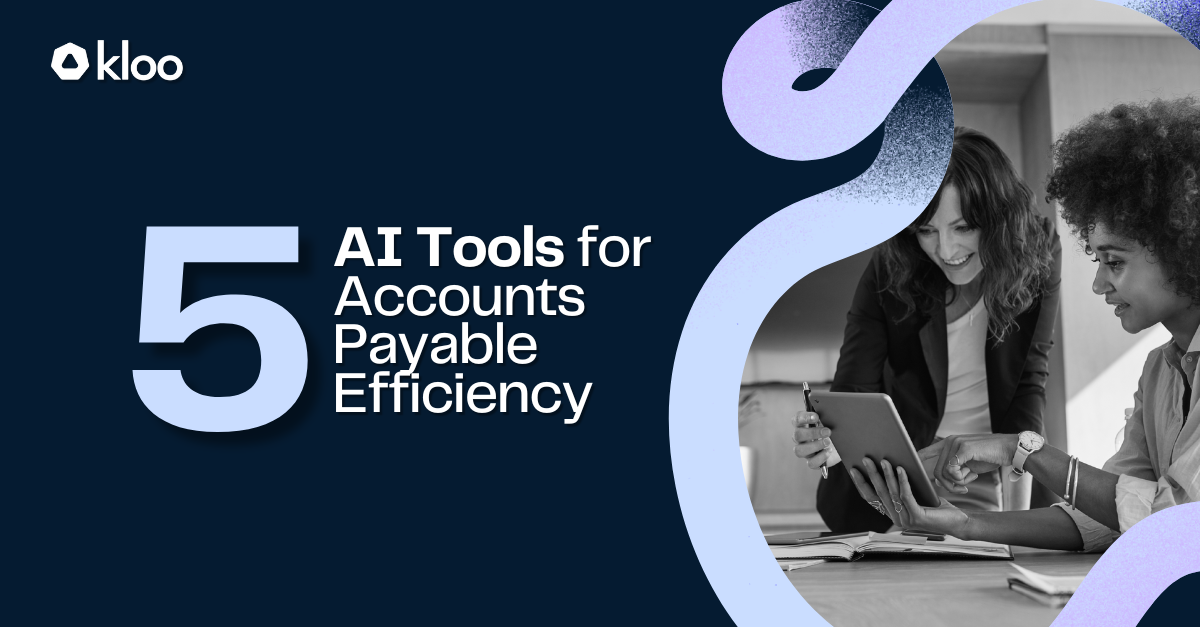
The Dawn of Generative AI in Finance: A Deloitte Perspective

In the ever-evolving landscape of artificial intelligence (AI), a new frontier has emerged, promising to redefine the role of AI in finance and controllership. Deloitte's recent blog post offers a deep dive into this transformative era, highlighting the capabilities of Generative AI and its potential to revolutionise the finance sector. Here, we distil the key takeaways from Deloitte's insights and provide an analysis of what this signifies for the future of finance.
How GenAI is Transforming the Finance Sector
Generative AI presents a transformative opportunity for the finance sector, heralding a new age of innovation and efficiency. By leveraging the power of foundation models and large language models, finance professionals can unlock a plethora of applications that were previously unimaginable. From automating routine tasks such as data entry and transaction reconciliation to generating predictive analytics for market trends and risk assessment, Generative AI can significantly enhance the accuracy and speed of financial operations.
Moreover, its ability to generate realistic simulations and models enables strategic finance teams to explore complex scenarios and make informed decisions with greater confidence. Beyond operational efficiency, Generative AI fosters a culture of innovation within finance departments, encouraging the exploration of new business models and revenue streams. As financial institutions embrace these advanced AI capabilities, they can expect not only to streamline their processes but also to redefine their role in driving business strategy and value creation, positioning themselves as key players in the digital transformation era.
Key Takeaways from Deloitte's Perspective on GenAI in Finance
- Generative AI's Emergence: At the core of this new AI era is Generative AI, powered by foundation models or large language models pre-trained on vast datasets. These models are capable of predicting and generating a wide range of tasks, creating original content across modalities like text, images, audio, and video.
- AI's Transformation in Finance: The shift from rules-based models to data-driven, predictive models opens up unprecedented opportunities for finance and accounting. AI can now act as an operational force multiplier, simplifying complex data, generating coherent summaries, and aiding in decision-making processes.
- Applications and Opportunities: Generative AI finds applications across various finance functions—from controllership systematising entries, strategic finance optimising capital, to internal audit enhancing compliance reporting. It also supports finance leaders in maintaining business insights and adapting to market conditions.
- The Role of Finance Leaders: Finance professionals are positioned to leverage Generative AI for enhancing operational efficiency, predictive analytics, and strategic decision-making, thereby transforming finance and controllership functions.
Analysis and Opinions
Deloitte's exploration into Generative AI's impact on finance reveals a sector on the cusp of a technological revolution. This shift signifies not just an improvement in efficiency and reduction in manual workload but also a reimagining of the finance function's strategic role. The potential of Generative AI to process and analyse data at unprecedented scales could lead to more informed decision-making and innovation in financial strategies.
However, with great power comes great responsibility. The adoption of Generative AI raises important questions about data privacy, security, and the ethical use of AI technologies. Finance leaders must navigate these challenges carefully, ensuring that the use of AI aligns with regulatory standards and ethical practices.
Kloo: Pioneering AI-Enabled Accounts Payable Automation
A noteworthy example of this new movement is Kloo, a company at the forefront of leveraging AI in finance. Kloo's AI-enabled accounts payable automation solution exemplifies how Generative AI can streamline financial operations. By automating the accounts payable process, Kloo not only enhances efficiency but also reduces errors, frees up human resources for more strategic tasks, and offers deeper insights into financial data.
Kloo's pioneering approach underscores the broader implications of Generative AI in finance: a shift towards more strategic, data-driven decision-making processes. As companies like Kloo lead the way, the finance sector stands on the brink of a paradigm shift, with AI acting as both a catalyst and a transformative force.
Conclusion
The advent of Generative AI heralds a new era for finance and controllership, marked by enhanced capabilities, efficiency, and strategic insights. Deloitte's insights into this transformative technology underscore its potential to revolutionise the finance sector. As finance leaders navigate this new landscape, the focus will increasingly shift towards leveraging AI not just for operational efficiency but as a strategic asset that can drive innovation and competitive advantage. With pioneers like Kloo leading the charge, the future of finance looks increasingly intelligent, agile, and strategic.
Let's get started


